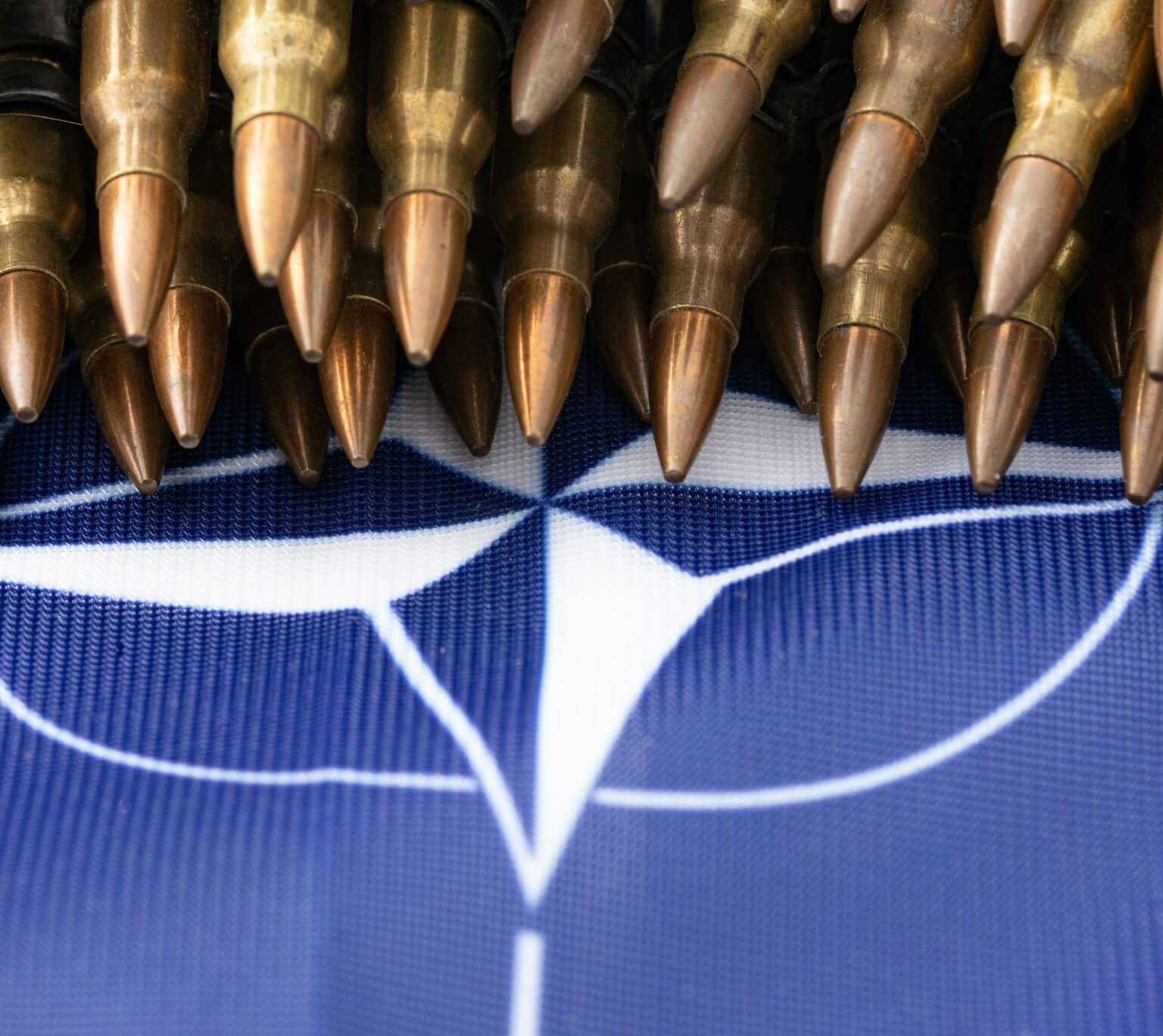NATO Secretary-General Jens Stoltenberg said Monday the “time has come” for Sweden to join the alliance because it had done what was necessary to secure holdout nation Turkey’s approval for membership.
“I have said that time has come to bring to an end the ratification process for Sweden,” Jens Stoltenberg said in an interview with the Swedish newspaper Aftonbladet.
Back in May, both Sweden and Finland dropped their decades-long policies of neutrality to apply for membership in the North Atlantic Treaty Organization (NATO) following Russia’s February invasion of its sovereign neighbor, Ukraine.
Both countries had already been conducting military exercises with NATO and increasingly sharing intelligence with the alliance. However, the move requires unanimous approval of all of NATO’s currently 28 member nations. Turkey has been holding up the process while pressing the two countries to crack down on groups it considers terrorist organizations, and to extradite people it suspects of terrorist-related crimes.
In December, Turkish Foreign Minister Mevlut Cavusoglu said Sweden was not even “halfway” through fulfilling the commitments necessary to secure Turkey’s support. His remarks came after a Swedish court ruled against extraditing a journalist wanted by Turkey for alleged links to a 2016 failed coup.
“I am confident that Sweden will become a member of NATO. I do not want to give a precise date for when that happens,” Stoltenberg said. “So far, it has been a rare, unusual and fast membership process. Normally, it takes several years.”
Sweden’s Prime Minister Ulf Kristersson said on Sunday that Sweden has lived up to its commitments and that the decision now “lies with Turkey,” adding, “We have a very good process together with Finland and Turkey and are doing exactly what we said, which Turkey is now confirming.”
However, Sweden’s top court has refused to extradite the journalist Turkey accuses of being among the 2016 coup plotters.
In the meantime, Sweden’s government said on Monday it was planning to reactivate civil conscription by asking the Swedish Civil Contingencies Agency to prepare education for people who would be asked to serve with municipal emergency services in the event of a military conflict.


